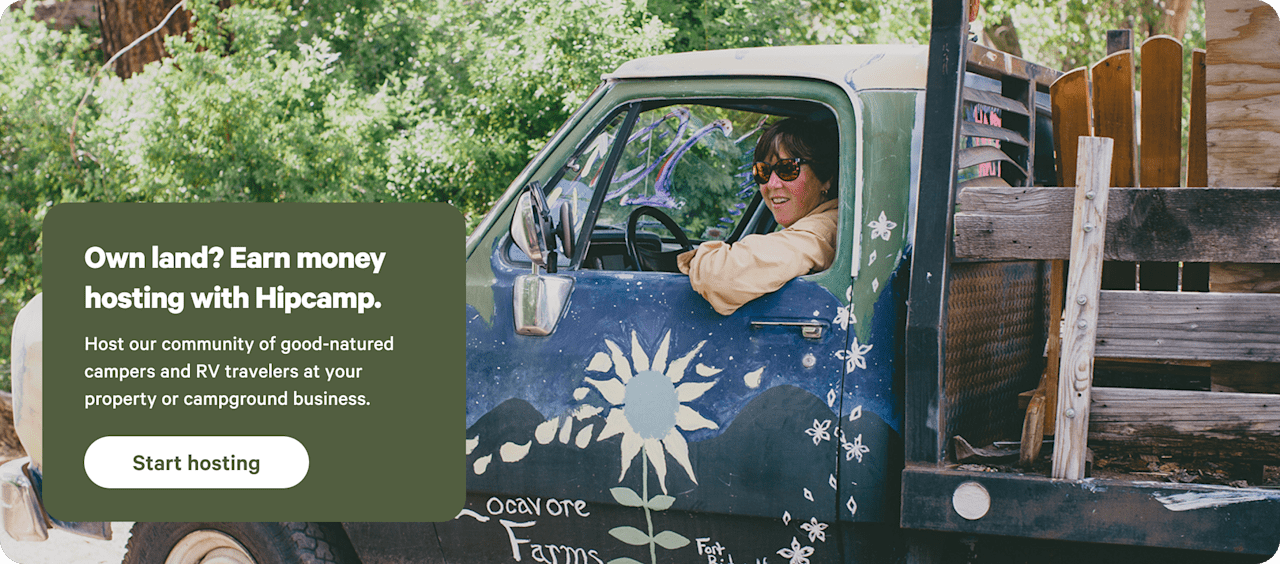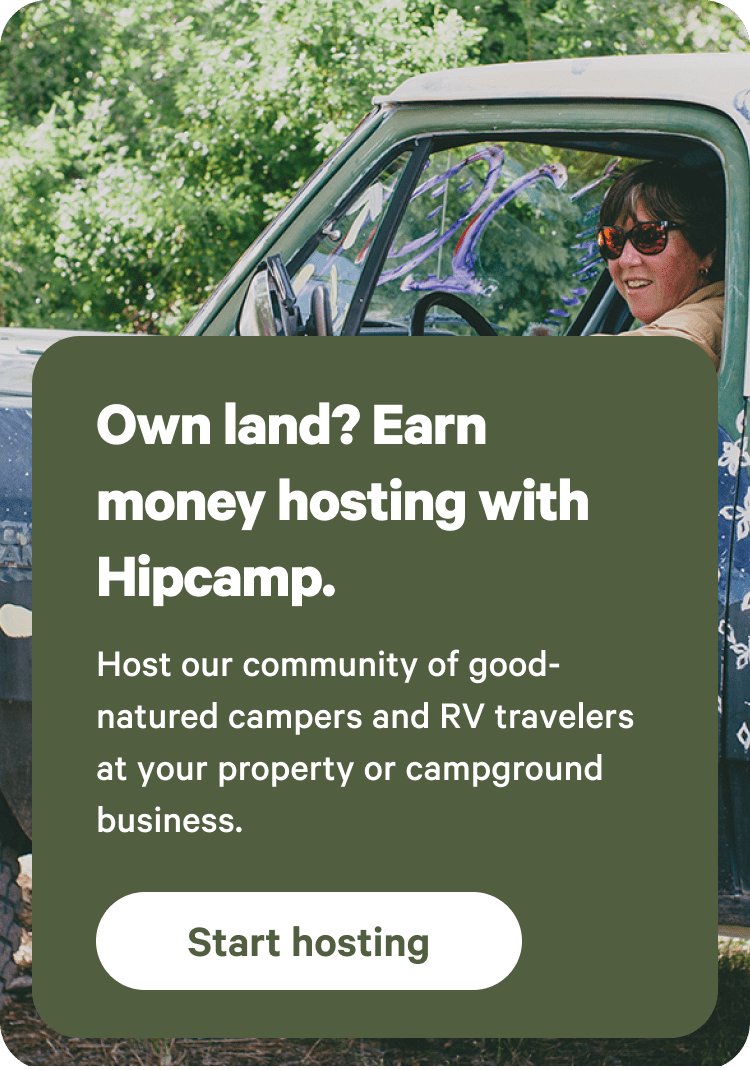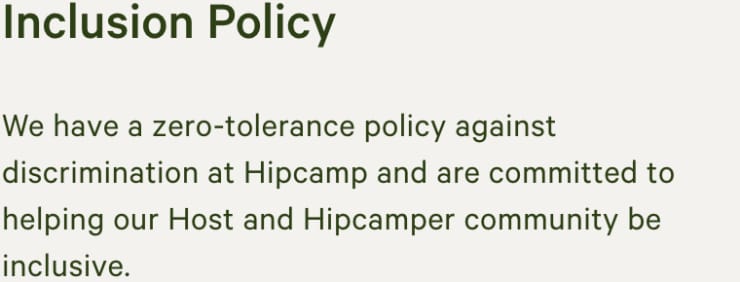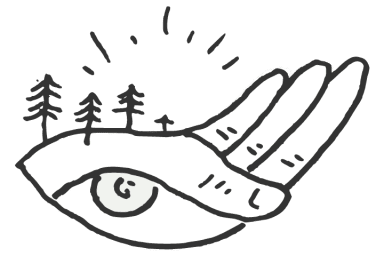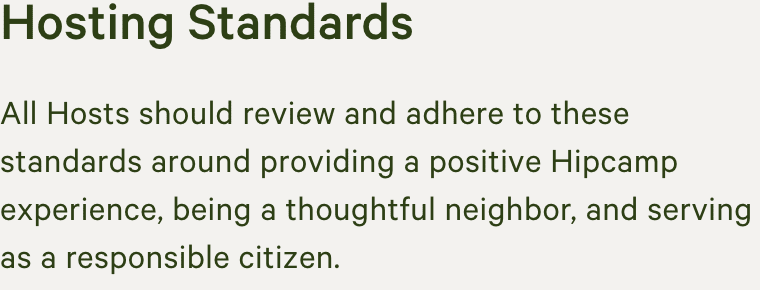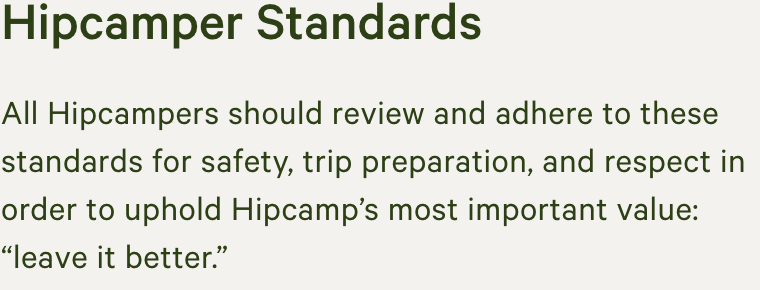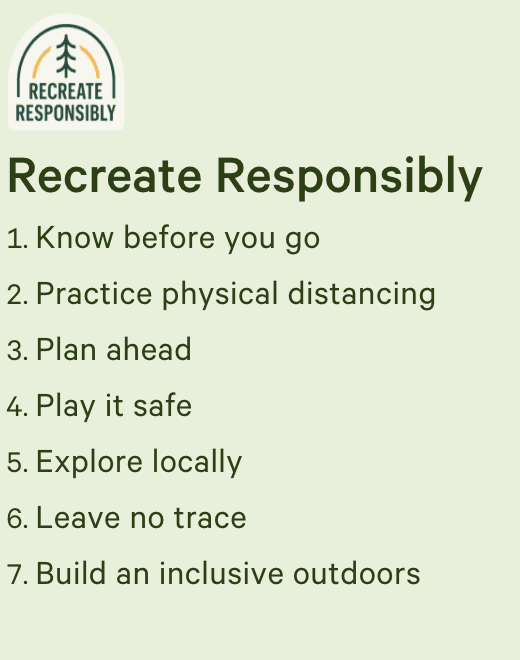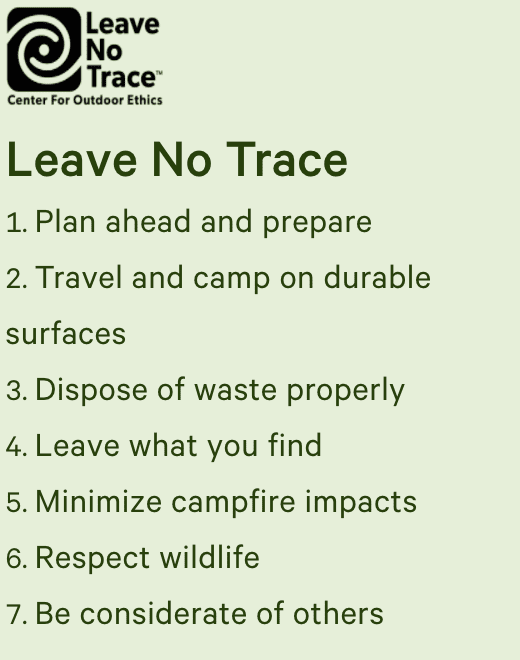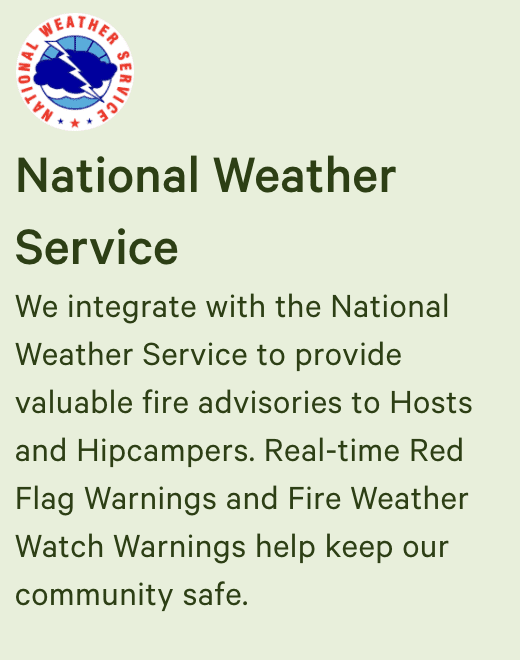Yurts in Paso Robles
Set up camp close to hot springs and cool breezes in the heart of San Luis Obispo County wine country.
- Paso Robles
Popular camping styles for Paso Robles
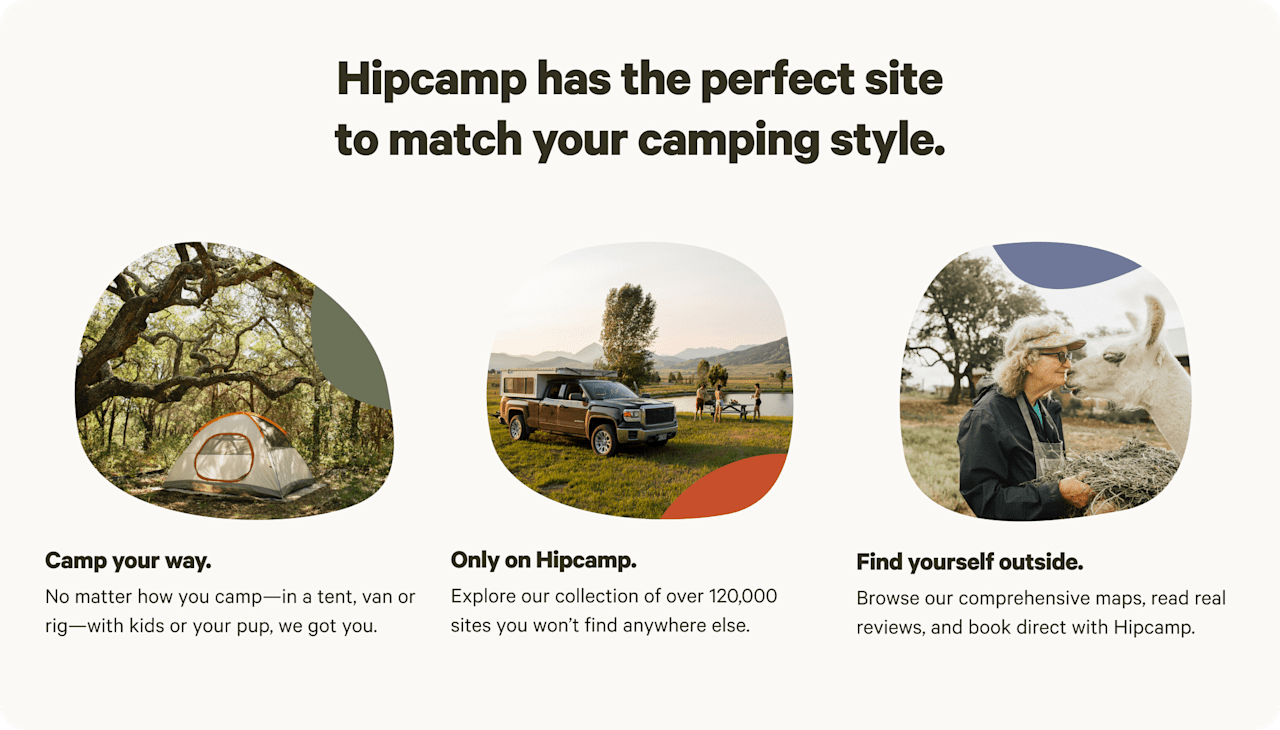

Yurts in Paso Robles guide
Overview
Situated on the Salinas River in inland San Luis Obispo County, Paso Robles is a great base for campers visiting Central California's beaches and forest areas alike. It's about a half-hour drive from the 5,000-acre Lake Nacimiento and a 45-minute drive to the Pacific Coast, but plenty of visitors opt to stay closer to town, either to go wine tasting at some of many area wineries, to check out the 18th-century Mission San Miguel, or to take a dip in the city's three public hot springs. Camping in Paso Robles can be as rustic or luxurious as you want, though it is mostly limited to private campgrounds and RV parks as well as Hipcamps—a few are even located on ranches or in vineyards. Choose from RV parks with pools, club rooms, and other cool extras, or find a state park for wilderness tent camping. If you're looking for glamping options, you can't beat a romantic getaway in a chalet, cottage, or vintage Airstream trailer.
Where to go
San Luis Obispo County
A stay in Paso Robles means easy access to the many attractions and communities in the surrounding SLO County. Popular destinations include Morro Bay State Park and its year-round campground, known for its kayaking near Morro Rock, golf course, and natural history museum, and Hearst Castle, a 19th-century mansion that now operates as a museum. Sea otters and spouting whales are a common sight, so don't forget binoculars.
Big Sur
One of the most beautiful parts of California’s Central Coast, Big Sur draws in crowds with its cliff-lined coastal views and huge state parks. This area was made famous by Henry Miller and his contemporaries and has a large counterculture community to this day.
Los Padres National Forest
If you want to get out and explore in the woods, Los Padres National Forest is the place to do it, with miles of hiking trails and massive expanses of protected wilderness. There’s a lot to cover—around 2 million acres in total.
When to go
Paso Robles's inland location means that it tends to be considerably warmer than nearby coastal communities. Summers are hot and dry, with highs in the 90s and wine tasting crowds, and it's rare that it drops below freezing in winter, even at night. Winter is the rainy season—if you're planning a January trip, remember your rain gear. There are plenty of events throughout the year, from the Paso Wine Fest held every May to the annual Pioneer Day, held on the second Saturday of October.



